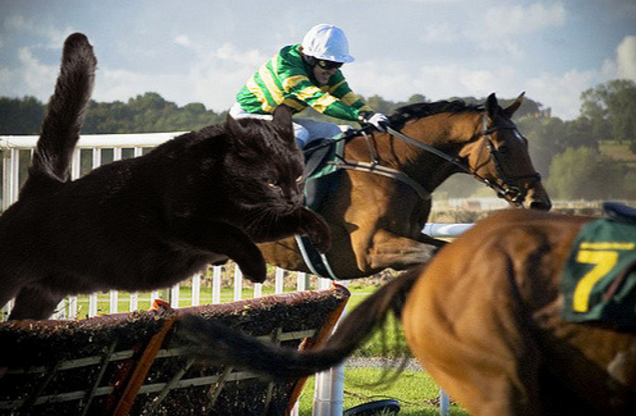
It is June. When the renewing rains of spring turn to the unquenchable heat of summer. At least for some of us, anyway.
This month’s theme is Pushing The Boundary.
There are many boundaries that can be pushed. Creative, technical, social, and so on. What boundaries are you pushing? Which do you wish would be pushed further than they have? Any that have been pushed too far?
Send us your thoughts, or post them below/to Facebook, or start up a conversation on Twitter!
Please email richard [at] this site to contribute an article for this month’s topic. And as always, please feel free to go “off-topic” if there’s something else you’re burning to share with the community.
Today I incidentally came across a quite dated post pointing to the Squarehead Audioscope technology. Here the link: http://sonicfield.org/2010/10/squareheads-audioscope-zoom-in-audio-using-315-microphones/
This is something also related to the past “Sonic Zoom” chapter of the “Sunday Sound Thought” series of DS articles: https://designingsound.org/2016/04/sunday-sound-thought-17-sonic-zoom/
But I like to think at it with an “acoustic ecology” point of view too.
The quoted post about the Audioscope system (an amazing technology, by the way!) brought my mind back (someway obvious) to the iconic movie “The Conversation” from Francis Ford Coppola.
Fine, but now, focusing on this month’ theme, I wonder… how far will technology and supercomputing go in reaching the ability to collimate and isolate spectral audio information?
Will they be able to pull out not only a meaningful information (the case for human voice extraction), nor basically the “wanted signal” (the case for an analog audio chain), but the DNA itself and the intimacy of our personal world of sounds, from the big-audio-data pools of the future?
Of course, this topic mainly seems to get driven by security issues, but what about its implications for our auditory and overall sensorial experience? At times, human things prove to be brittle, and they are liable to break down if their boundaries are pushed too hard.